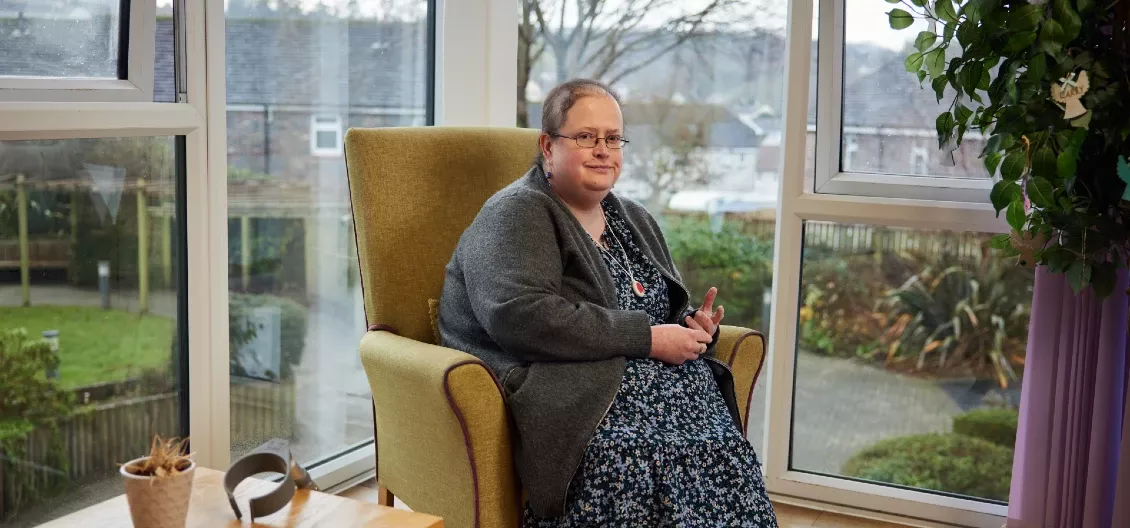
Sarah
I want people to know the risks so they can ask their own questions. I did have good support, but not in the right places.
Sarah was diagnosed with type 2 diabetes aged 21 and, now at 45, lives with her husband, Chris, and her house rabbit, Fluffy.
